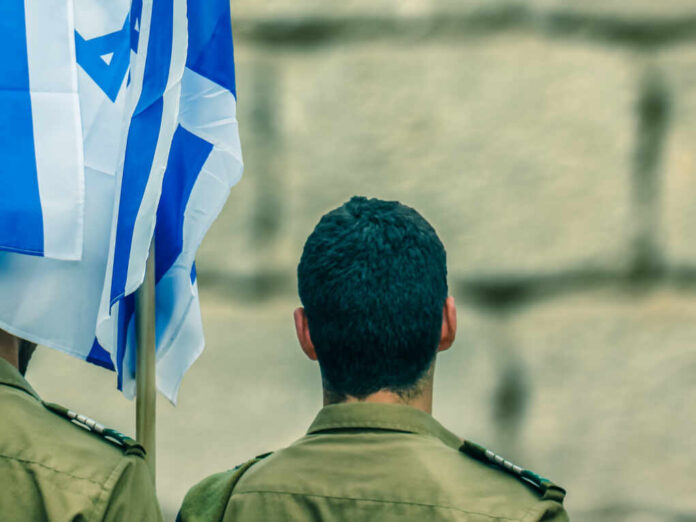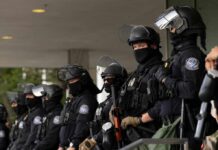
A new wave of Israeli military strikes in Gaza raises concerns over the substantial civilian toll, highlighting the ongoing humanitarian crisis.
Story Highlights
- Israeli military strikes in Gaza have resulted in at least 30 Palestinian deaths, including children.
- Attacks targeted residential areas, increasing the civilian casualty rate.
- Ongoing conflict continues to exacerbate humanitarian challenges in Gaza.
- International bodies call for immediate cessation of hostilities.
Escalation of Military Strikes in Gaza
Since dawn, the Israeli Defense Forces (IDF) have intensified their military operations in Gaza, leading to the deaths of at least 30 Palestinians, including children. These strikes predominantly targeted residential areas and crucial infrastructure, further highlighting the vulnerability of civilians caught in the crossfire. As international and local health authorities report, the casualty numbers continue to rise throughout the day, illustrating the grim reality of the ongoing conflict.
The IDF claims their operations aim to dismantle Hamas’s military strongholds, yet the high proportion of civilian casualties raises significant humanitarian concerns. The latest strikes have intensified the already dire situation in Gaza, where residents face severe restrictions on movement, access to essential services, and a collapsing healthcare system. The humanitarian impact is profound, with increased displacement, injuries, and a growing sense of insecurity among the population.
Watch: Israel kills 30 people in Gaza since dawn, including children
Humanitarian Crisis and International Response
The humanitarian crisis in Gaza is worsening as the conflict persists. With over 2 million residents confined to a densely populated area, the civilian population bears the brunt of military operations. Reports from humanitarian organizations underscore the urgent need for ceasefire negotiations and unimpeded access to medical and humanitarian aid. The United Nations and other international bodies have issued statements condemning the high civilian toll and urging both parties to prioritize humanitarian considerations.
Despite international pressure, the blockade and security concerns continue to hinder effective humanitarian response efforts. The destruction of infrastructure, including health facilities and schools, further complicates relief operations. As the situation evolves, there is a growing call for accountability and measures to protect civilian lives, emphasizing the need for a sustainable resolution to the ongoing conflict.
Israel kills 30 people in Gaza since dawn, including children https://t.co/E1CwlglQUc via @YouTube
— Eddie DiFruscia (@heavyed65) September 28, 2025
Impact on Regional Stability and Future Outlook
The persistent conflict in Gaza not only exacerbates local humanitarian challenges but also threatens regional stability. The ongoing hostilities have economic, social, and political ramifications, affecting both Israeli and Palestinian leadership. The destruction of homes and businesses leads to economic devastation, while the social fabric of affected communities continues to erode under the strain of conflict.
In the long term, the repercussions of this conflict may fuel further cycles of violence and radicalization. The international community’s role in facilitating peace talks and humanitarian aid is crucial to mitigating these effects. As the world watches, the need for a comprehensive and lasting solution becomes ever more apparent, highlighting the necessity for diplomatic efforts and a renewed commitment to peace.
Sources:
Wikipedia: Casualties of the Gaza war
OCHA: Humanitarian Situation Update #326 | Gaza Strip

























